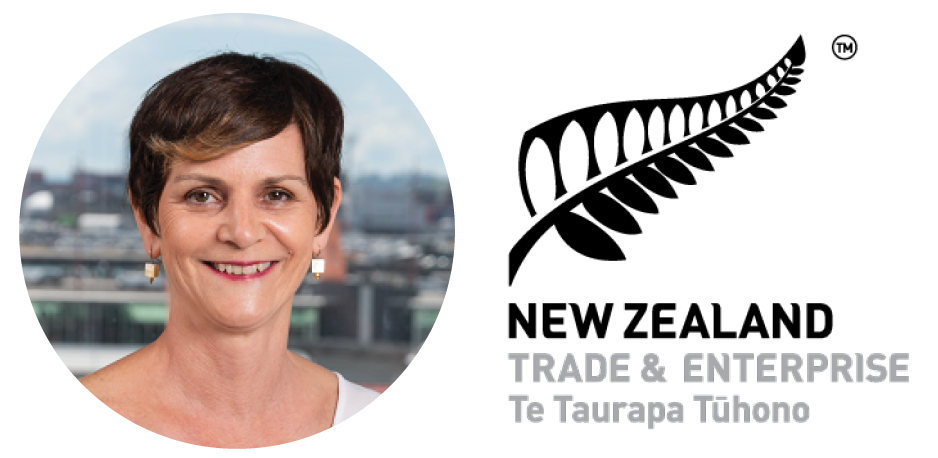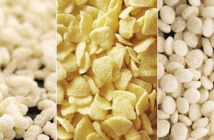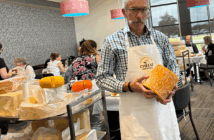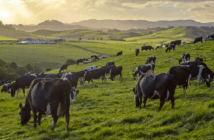
When food and beverage companies want to connect their inherent values with conscious consumers – by telling the story of their commitment to the environment, social impact and people – it can be difficult to know where to start.
One company that is well on this journey is Tauranga-based Heilala Vanilla. Heilala is truly the “good vanilla”; it is the vanilla of choice for many of the top chefs around the world and Heilala has also become the world’s first registered B Corporation (BCorp) vanilla company.
Heilala’s story goes back to 2002 when a hurricane hit the Kingdom of Tonga and New Zealander John Ross (the father of Jennifer Boggiss, Heilala’s CEO) went to help.
During his time there, the idea of a vanilla opportunity was born. Twenty years later, Heilala supports 400 vanilla-farming families in Tonga through the Heilala Vanilla Foundation.
In looking at how best to claim and articulate their social and environmental impact, as well as the ethical nature of their supply chain, Heilala took part in NZTE’s Business for Good programme. The programme is designed to help businesses develop purpose-led strategies, with a potential path towards the internationally-recognised B Corp certification.
Certifying as a B Corp goes beyond the product or service level. It measures a company’s entire social and environmental performance, including how its operations and business model impact its workers, community, the environment, and customers. It is not an easy step to take and can take two to three years to achieve, but the benefit of gaining sustainability certification is multi-faceted and growing.
Certification programmes can distinguish your business as a sustainable brand and help consumers identify authentic and trustworthy companies from those that are ‘greenwashing’ and or making misleading marketing claims.
Programmes such as B Corp can also help attract talent, and increase engagement with employees. Increasingly, certifications are also being used to satisfy the expectations of retailers who want to stock products with sustainable merits that conscious consumers will recognise.
As an example, Tesco’s in the United Kingdom (with a 27% market share) has committed to a net-zero by 2035 and aims to work closely with its suppliers to reach this goal. Similarly Sainsbury’s (15% market share) has reached out to 400 of its top suppliers to disclose their carbon reduction targets.
This shift is being driven by both the private sector and governments. Regulations in the UK and Europe mandate that large companies and their suppliers disclose climate risks and meet environmental, social, governance (ESG) standards from 1 January 2023.
You can read more about this issue in these pieces:
Heilala Vanilla – Certified B Corporation – B Lab Global
How sustainability drives success for F&B & consumer goods companies – myNZTE
Understanding sustainability certifications & accreditation options – myNZTE
Fiona leads NZTE’s Food and Beverage Customers team. She has held roles as NZTE regional director for Greater China, NZTE investment director on the government’s cross-agency investment taskforce, and has also been trade commissioner in Guangzhou and for Malaysia, Indonesia, and Brunei. She has also supported leveraging activities around New Zealand – China free trade agreement and led leveraging programmes around the ASEAN–Australia–New Zealand and Malaysia–New Zealand FTAs.
The information and opinions within this column are not necessarily the views or opinions of Hot Source, NZ Food Technology, or the parent company, Hayley Media.




























































































